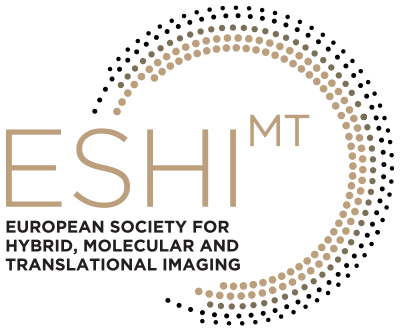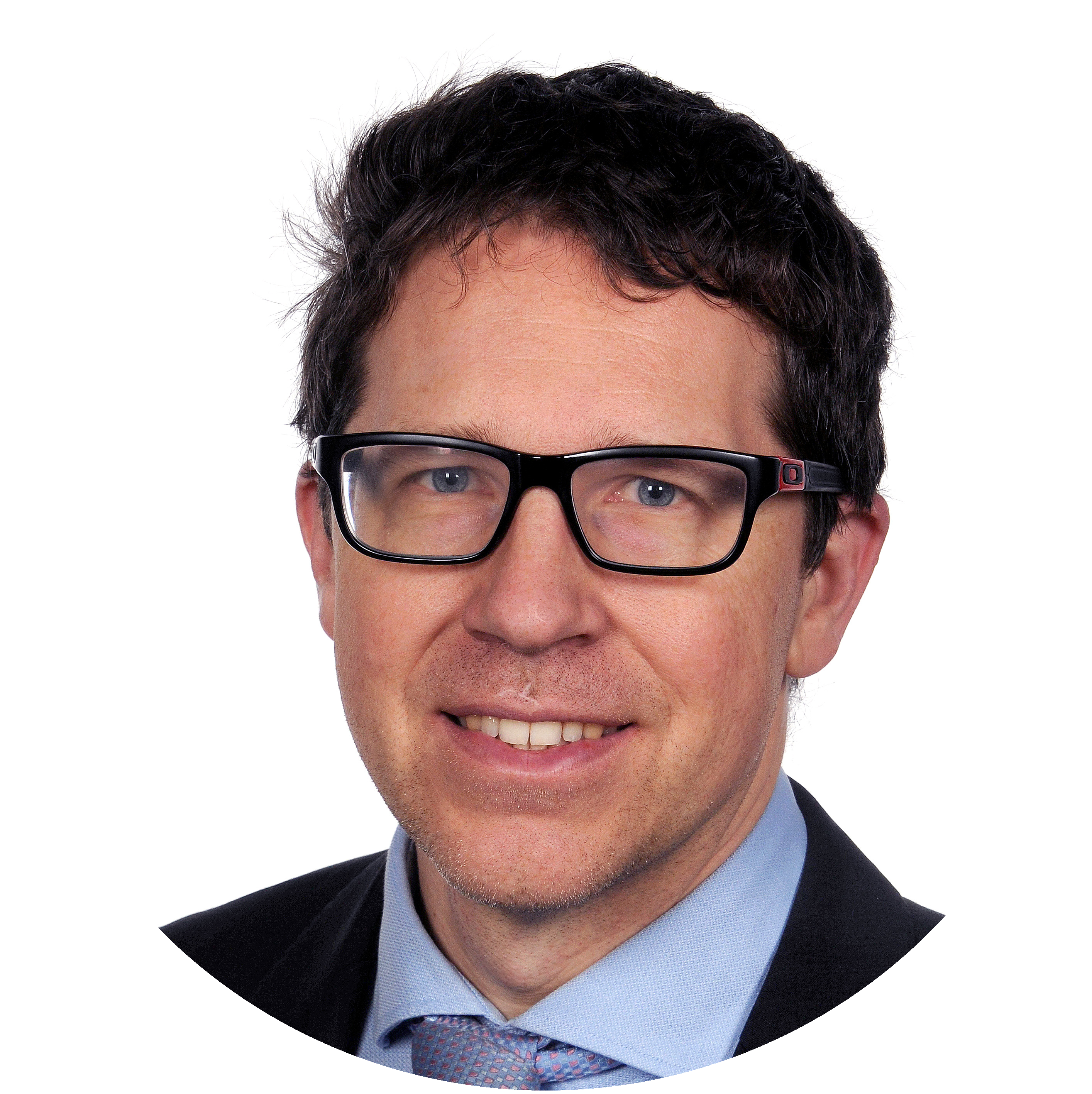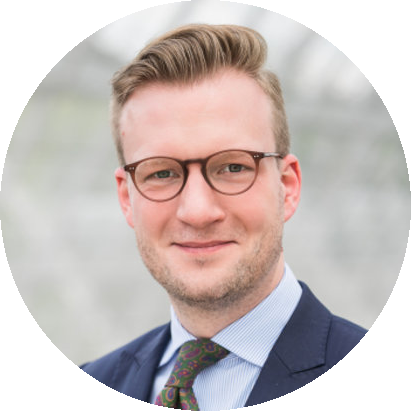Nominations for the ESHIMT Executive Committee 2020-2022
Here are the nominations for the ESHIMT Executive Committee for 2020-2022. The nominated board comprises nuclear medicine physicians, radiologists and medical physicists, all with vast experience in hybrid imaging and a vivid interest to foster and promote the use, education and research of hybrid, molecular and translational imaging.
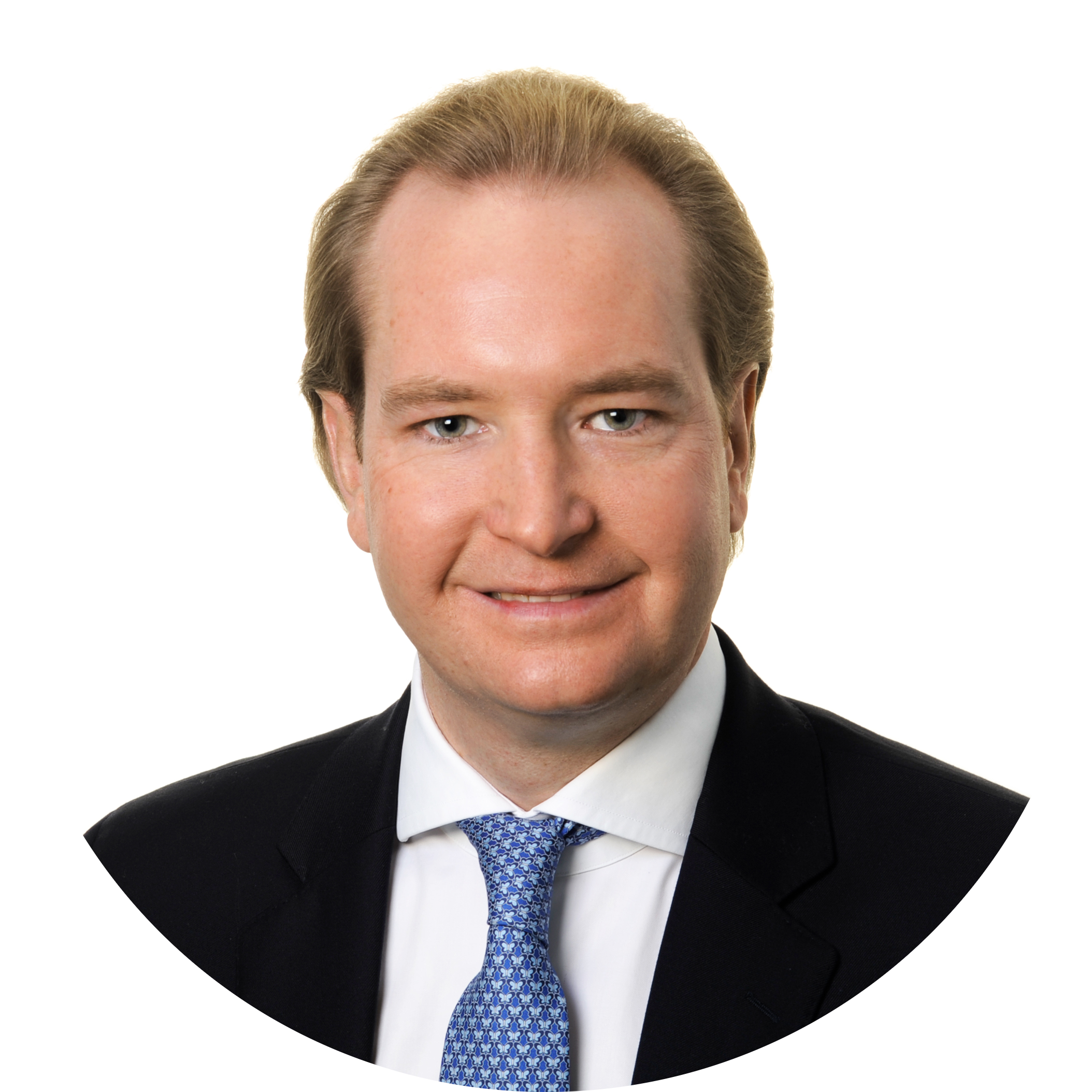
President
Clemens Cyran (Munich, Germany)
Prof. Dr. Clemens Cyran is Professor of Radiology at the faculty of Medicine of the Ludwig-Maximilians-University Munich, Germany. After graduation from Medical School in Munich, Prof. Cyran assumed a position as postdoctoral research fellow at the Center for Pharmaceutical and Molecular Imaging, University of California San Francisco, from 2006 to 2007 with a research focus on imaging biomarkers of therapy response in experimental oncology. Prof. Cyran completed his residency in radiology in Munich in 2013 and is also board certified in diagnostic nuclear medicine.
Between 2017 and 2019 Prof. Cyran served as the vice chair of the Department of Radiology at the Ludwig-Maximilians-University Munich and was section chief of the hybrid imaging department. Since 2020 Prof. Cyran is engaged in radiology practice in Munich and continues his research activities as visiting professor at the Department of Radiology at the Ludwig-Maximilians-University Munich.
The research focus of Prof. Cyran is the development and validation of imaging biomarkers of therapy response in oncology using multimodality hybrid imaging techniques, including MRI, multi-tracer PET and optical fluorescence imaging, with a strong translational focus. Current projects investigate methods of automated image analysis of digital molecular imaging data using artificial intelligence based algorithms as well as AI-based analytics for multidisciplinary diagnostic data in integrated diagnostics.
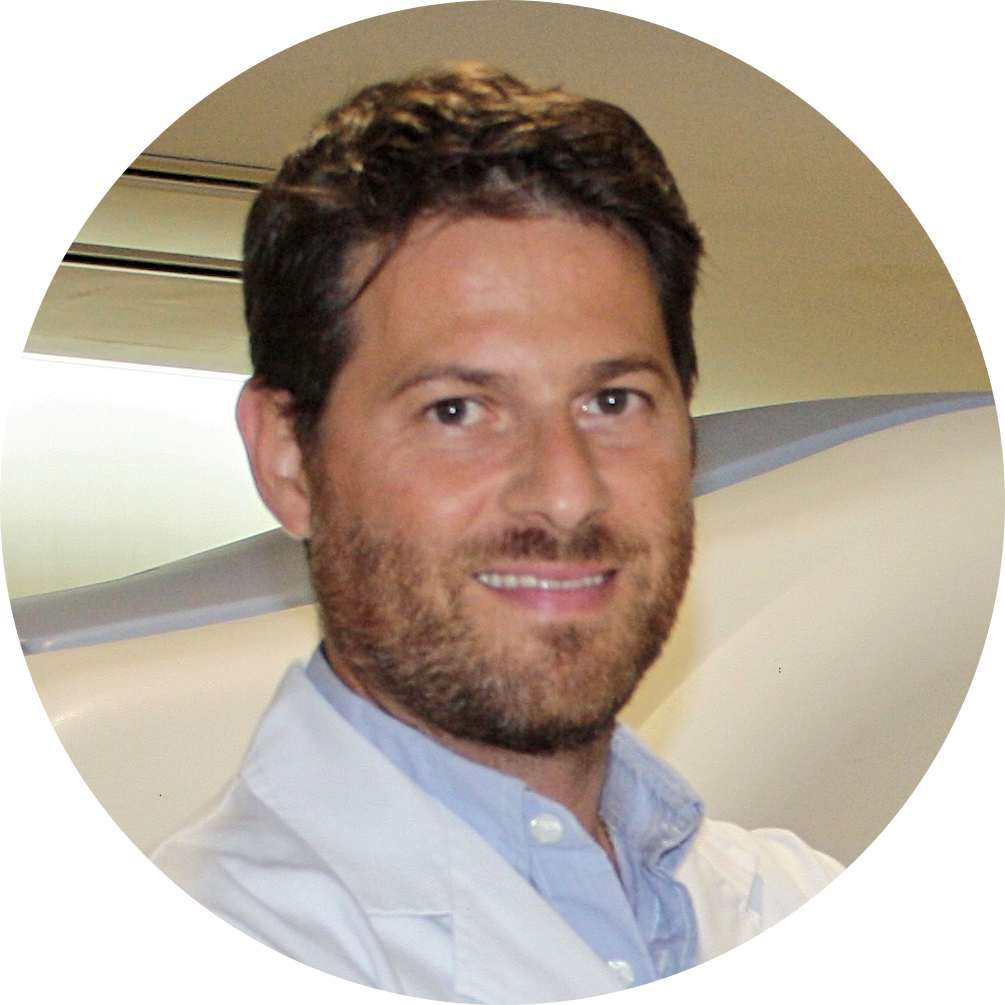
Vice-President
José Vercher-Conejero (Barcelona, Spain)
Dr José L Vercher-Conejero is a nuclear medicine physician in the Department of Nuclear Medicine/PET Unit at the University Hospital of Bellvitge (Barcelona, Spain). During his training period, for his merits he was awarded a scholarship by the Official College of Physicians of Valencia and invited by the Mount Sinai Medical Hospital of New York to perform a rotation in the Department of Radiology.
He has been working at the University and Polytechnic Hospital La Fe in Valencia (Department of Nuclear Medicine – Clinical Area of Medical Imaging), being also a member of the “Biomedical and Imaging Research Group – (GIBI230)”, and carried out a fellowship in the Department of Radiology at UH Hospital/Case Western Reserve University in Cleveland (Ohio, USA), specializing in PET/MRI and digital PET mainly.
His interests are in oncological PET/CT, PET/MR, SPECT/CT, FDG and Non-FDG radiopharmaceuticals, and radiometabolic therapy (PRRT for NETs, endocrine disorders and endocrine oncology, treatment of bone metastases, microspheres with Y-90 for the treatment of intrahepatic tumour lesions, among others).
From March 2019, Dr Vercher-Conejero is the Hybrid Imaging Ambassador for Spain for the European Society for Hybrid, Molecular and Translational Imaging (ESHIMT).
Past-President
Thomas Beyer (Vienna, Austria)
Thomas Beyer holds a PhD in Physics and is co-developer of combined PET/CT imaging systems. He has a background in research and project management in academia and imaging industry.
Thomas graduated in Physics from the Leipzig University (Germany) and got his PhD in Medical Physics from Surrey University (UK). During his US-based studies he became involved in the development and clinical testing of the first PET/CT prototype (1992-2000) before joining Siemens/CTI PET Systems as an International PET/CT specialist.
In 2002 he became a Research Associate in Nuclear Medicine and Radiology and PET/CT project manager at Essen University Hospital (Germany). In 2006 he became Teaching Professor (Priv.-Doz.) for Experimental Nuclear Medicine at Essen, and joined timaq medical imaging Inc, a Zurich-based Imaging CRO. In 2007 Thomas moved to Philips Medical Systems as International Manager Clinical Science Nuclear Medicine. In 2008 he set up a Zurich-based consulting company for expert advise in cross-modality imaging and applications. He is appointed full professor of Physics of Medical Imaging at the Medical University of Vienna from March 2013. His current research interests are in fully-quantitative, molecular and hybrid imaging for personalized medicine approaches.
Thomas is a member of various national and international Medicine organizations, a founding member of the European Association of Nuclear Medicine (EANM) Physics Committee, the European Society of Hybrid Imaging (ESHI), past Head of the New Technology working group at the Association of Imaging Producers and Equipment Suppliers (AIPES) and past president of ESHI-MT.
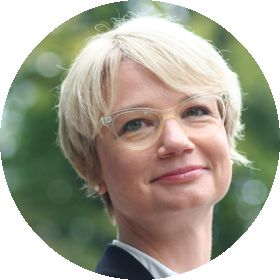
Treasurer
Malene Fischer (London, UK)
Malene Fischer is a senior clinical lecturer and honorary consultant at the King’s College London & Guy’s and St Thomas’ PET Centre since June 2018 coming from a similar post at Rigshospitalet, University of Copenhagen in Denmark.
Malene is a medical doctor and nuclear medicine specialist. The common thread of her research is the exploration and implementation of hybrid imaging, PET/CT and PET/MR, in diagnosing and treatment of patients with cancer, literally from lab to bed-side including cost-effectiveness analysis. Malene obtained her PhD from the University of Copenhagen exploring the detection limit of the PET/CT technology as well as pioneer clinical studies on PET/CT in staging and therapy evaluation of patients with small cell lung cancer. Her Doctorate (DMSci, an old-fashioned Danish academic degree) was based on the world’s first randomized clinical trial on PET/CT in staging of patients with non-small cell lung cancer.
Although based at KCL Malene is PI of a Danish national randomized trial exploring the value of PET/CT and liquid biopsies for surveillance of patients with lung cancer.
A common denominator for her research is multi-disciplinary collaboration and on-going projects include PET/MR for radiotherapy planning and AI-based imaging analysis. Together with colleagues at KCL and Copenhagen Malene is part of HYBRID a Marie Sklodowska-Curie Innovative Training Network and European collaboration under Horizon 2020 on hybrid imaging.

Member at large
Ferdia Gallagher (Cambridge, UK)
Dr Ferdia Gallagher is an academic radiologist and CRUK-funded Senior Research Fellow who leads the Clinical Molecular Imaging Group in the Department of Radiology. His laboratory develops new functional and molecular imaging methods to detect cancer and early response to therapy, with the aim of translating these techniques into humans.
His team is particularly interested in methods to probe cancer metabolism non-invasively and he leads the clinical hyperpolarised carbon-13 MRI programme in Cambridge. Hyperpolarised MRI is an emerging method to non-invasively assess tissue metabolism using pyruvate as a probe to visualise tumour lactate formation and we are currently studying this technique in a number of human tumours. We have established a bespoke pharmacy facility on site to enable this and are developing new molecules for use in patients. The group is also interested in the application of proton spectroscopy to study tumour metabolism, as well as other multinuclear and multimodality approaches such as sodium MRI and PET/CT. We are applying these methods to monitor treatment response in a range of settings, including the use of immunotherapy. We are also studying novel cell labelling approaches to complement more conventional approaches to monitor immune infiltration into tumours.
Dr Gallagher studied medicine at both the Universities of Cambridge and Oxford before training as a radiologist at Addenbrooke’s Hospital. He undertook a PhD in Biochemistry in Cambridge as part of a CRUK Clinical Research Training Fellowship. He has previously been awarded both a Clinician Scientist and an Advanced Clinician Scientist Fellowship from CRUK. He is currently a University Reader in Molecular imaging and an Honorary Consultant Radiologist.
Member at large
Fabian Kiessling (Aachen, Germany)
Professor Dr. Fabian Kiessling is leading the Institute for Experimental Molecular Imaging at the RWTH-University in Aachen, where he develops novel diagnostic and theranostic concepts, probes and technologies.
Fabian Kiessling studied medicine and graduated at the University of Heidelberg. Until the end of 2002, he worked as resident in the Department of Radiology at the German Cancer Research Center. In 2003 he changed to the Department of Medical Physics in Radiology as leader of a Molecular Imaging group.
In parallel, he did his clinical training and received the board certification as radiologist in 2007. He is author of more than 280 publications and book chapters, received several research awards, among those the „Emil Salzer Price for Cancer Research” and the “Richtzenhain Price” and was appointed to the editorial board of several journals including Radiology, European Radiology, American Journal of Nucelar Medicine and Molecular Imaging, and Nanotheranostics.
Furthermore, he founded the invivoContrast GmbH together with Professor Matthias Bräutigam, which is distributing diagnostic probes for the preclinical market.
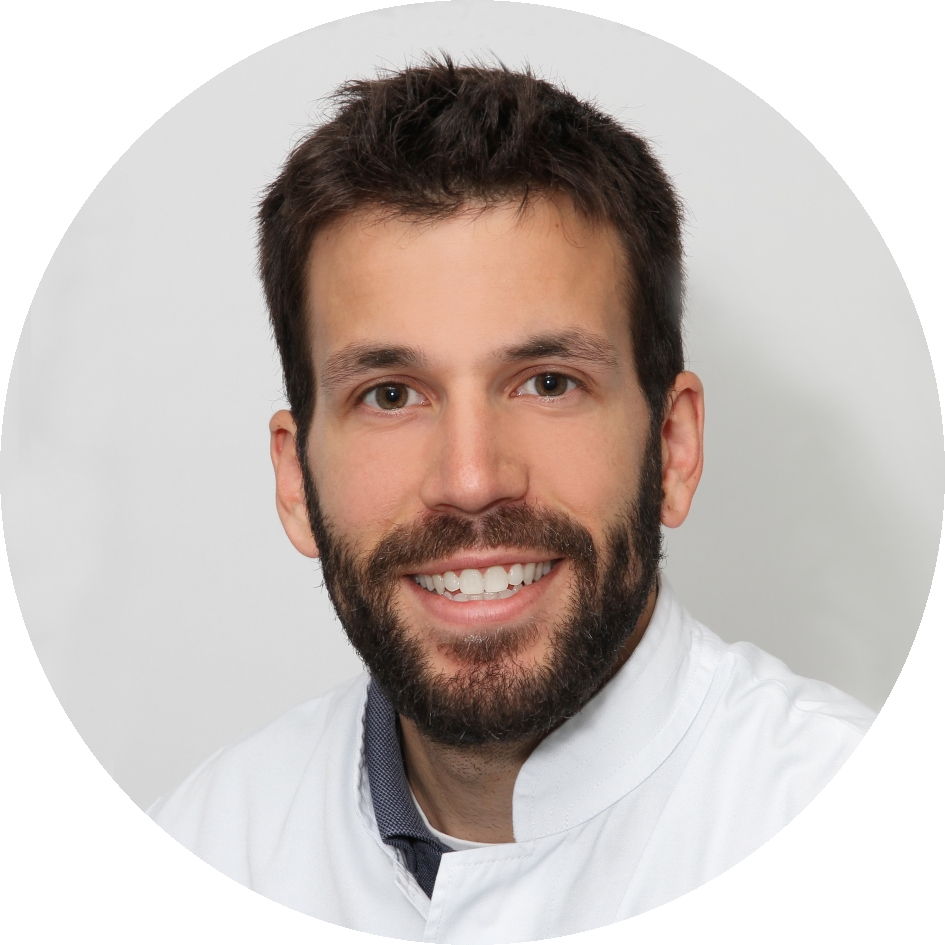
Chair of the Research Committee
Sergios Gatidis (Tübingen, Germany)
Sergios Gatidis is Radiologist at the Department of Radiology of the University Hospital in Tübingen/Germany.
He studied Medicine and Mathematics at the Eberhard-Karl-Universität Tübingen.
Currently he is responsible for the multidisciplinary PET/MRI research group in Tübingen. S. Gatidis’ focus of research lies in clinical hybrid imaging studies and the development of techniques for the analysis of multiparametric imaging data from PET/CT, MRI and PET/MRI. He is also responsible for the Medical Image and Data Analysis group of the Radiology Department in Tübingen investigating the use of machine learning methods in clinical radiology.
Chair of the Education Committee
Michel Eisenblätter (Freiburg, Germany)
Dr Michel Eisenblätter is an academic radiologist at the University of Freiburg Medical Center in Freiburg, Germany. He is Head of Oncologic Imaging at the Department of Diagnostic and Interventional Radiology and head of the Translational Cancer Diagnostics Research Group.
Michel’s preclinical research group, partly based at the University of Münster Translational Research Imaging Center, is working on targeted imaging approaches for visualisation of tumour-immune interaction and mechanisms of premetastatic tissue priming.
His clinical research group in Freiburg concentrates on the identification of imaging biomarkers for patient selection and therapy monitoring for novel, targeted therapies and immunetherapy in CT, MRI and hybrid imaging. In multivariate analyses, they specifically screen for integrated parameter patterns, including imaging data as well as proteomic and genomic information from tissue samples or liquid biopsy.
Michel attended medical school in Münster, Germany and later joined the King’s College London Division of Imaging Sciences and Biomedical Engineering and the Richard Dimbleby Department of Cancer Research as an MRC Clinical Research Fellow. He obtained his MD from University of Münster and a PhD in Biomedical Engineering from King’s College London.
